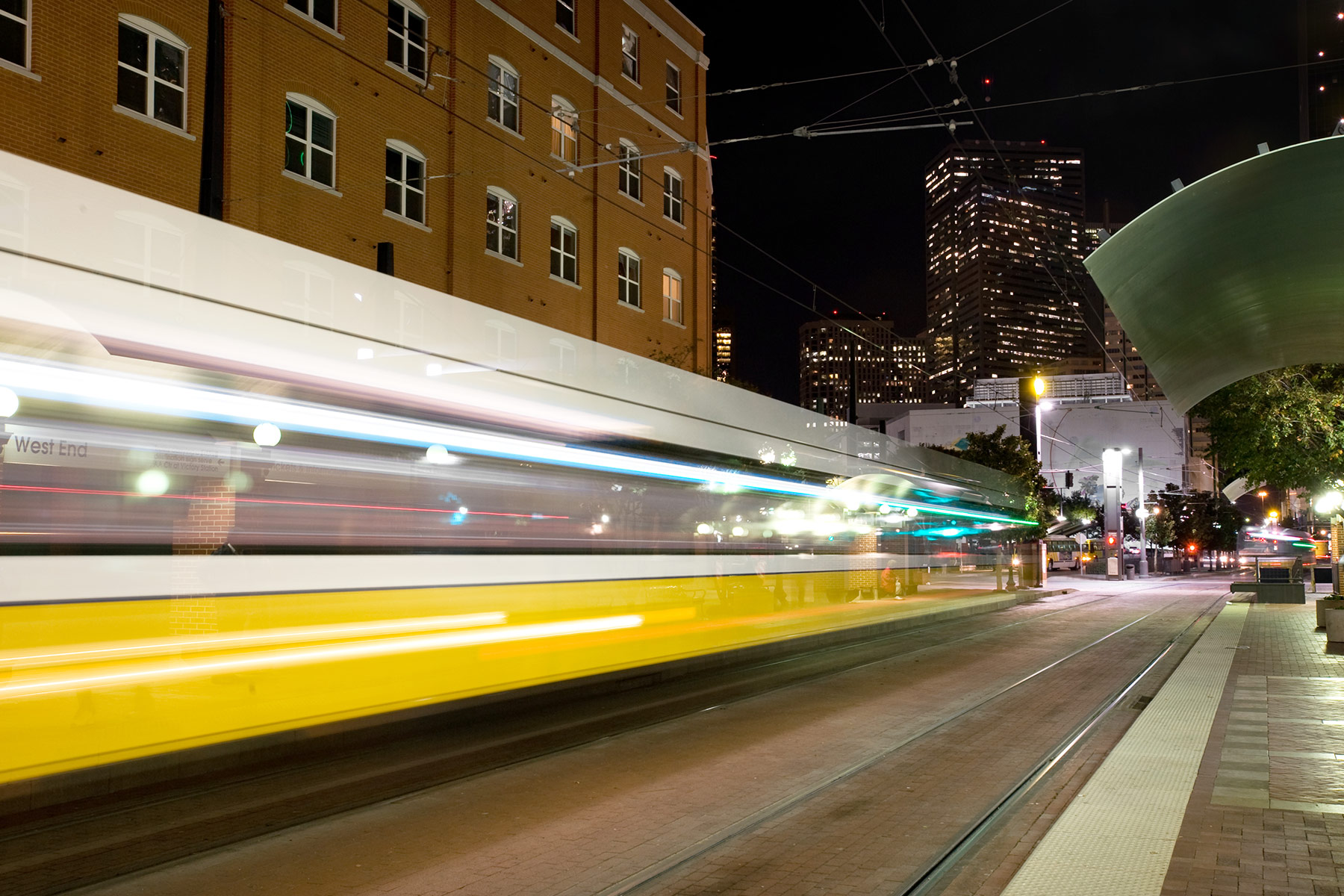Here’s another study that highlights how inefficient Dallas Area Rapid Transit’s service is. According to an analysis by Clever Real Estate, nearly 81 percent of commuters in Dallas don’t use public transit, and those who do spend roughly 200 hours more per year commuting. That’s a stark assessment. If you have to rely on DART to get around Dallas, you’re spending more than a week a year commuting than the average driver. That’s one of the reasons this latest study ranked DART 26th in an analysis of 30 major U.S. metro systems.
This study is yet another one of those marketing studies intended to drive attention to whatever services Clever Real Estate offers, but its approach uses a simple broad stroke analysis of ridership that generates some useful insight. The analysis looks at the percentage of a metro population that uses transit, the costs and travel times of commuting for drivers and transit riders, and the earnings of drivers and transit riders. What it finds is that there are certainly trade-offs when it comes to driving and using transit, but the costs and benefits of those trade-offs are starker in some cities than others. Here are some of the findings:
- The average American spends about $800 on transit passes while driving to work costs $2,152.80 in fuel and maintenance annually.
- However, public transit commuters average over 400 hours commuting to and from work each year, 182 hours more than drivers.
- On average, $74 in annual tax dollars from each metro resident is allocated toward funding mass transit, but that ranges from less than $1 to nearly $1,000 depending on location.
- Higher tax funding is associated with more ridership; so the more money residents pay in taxes, the more likely they are to actually use the public transportation options.
- Drivers earn almost 50 percent more than public transit commuters in most metros; the reverse was true in only three metros: San Francisco, Washington, D.C., and Chicago.
- While public transportation costs less, it does take longer than driving in every metro. But the opportunity lost might not be as large of a burden as during a drive.
- According to the American Heart Association, people who commute via public transportation are healthier than people who drive to work, further weighing against the opportunity costs of the commute time.
In Dallas, commute times for transit users is nearly double that of drivers and transit riders make an average $15,000 less than drivers. That shouldn’t be surprising. As we know from other analyses, DART doesn’t connect workers to jobs very well, and the fact that it does so inefficiently means that once you can afford to drive in Dallas, most opt to. That creates a scenario in which transit is increasingly viewed as a kind of transportation welfare for those who can’t afford to get around town in a car.
As DART moves forward with its bus network redo, a study like this helps support the argument that the system’s top priority should be shortening transit commutes to make riding DART more feasible. Because currently, even the simplest cost-benefit analysis shows that there is little reason to ride DART if you can avoid it.





